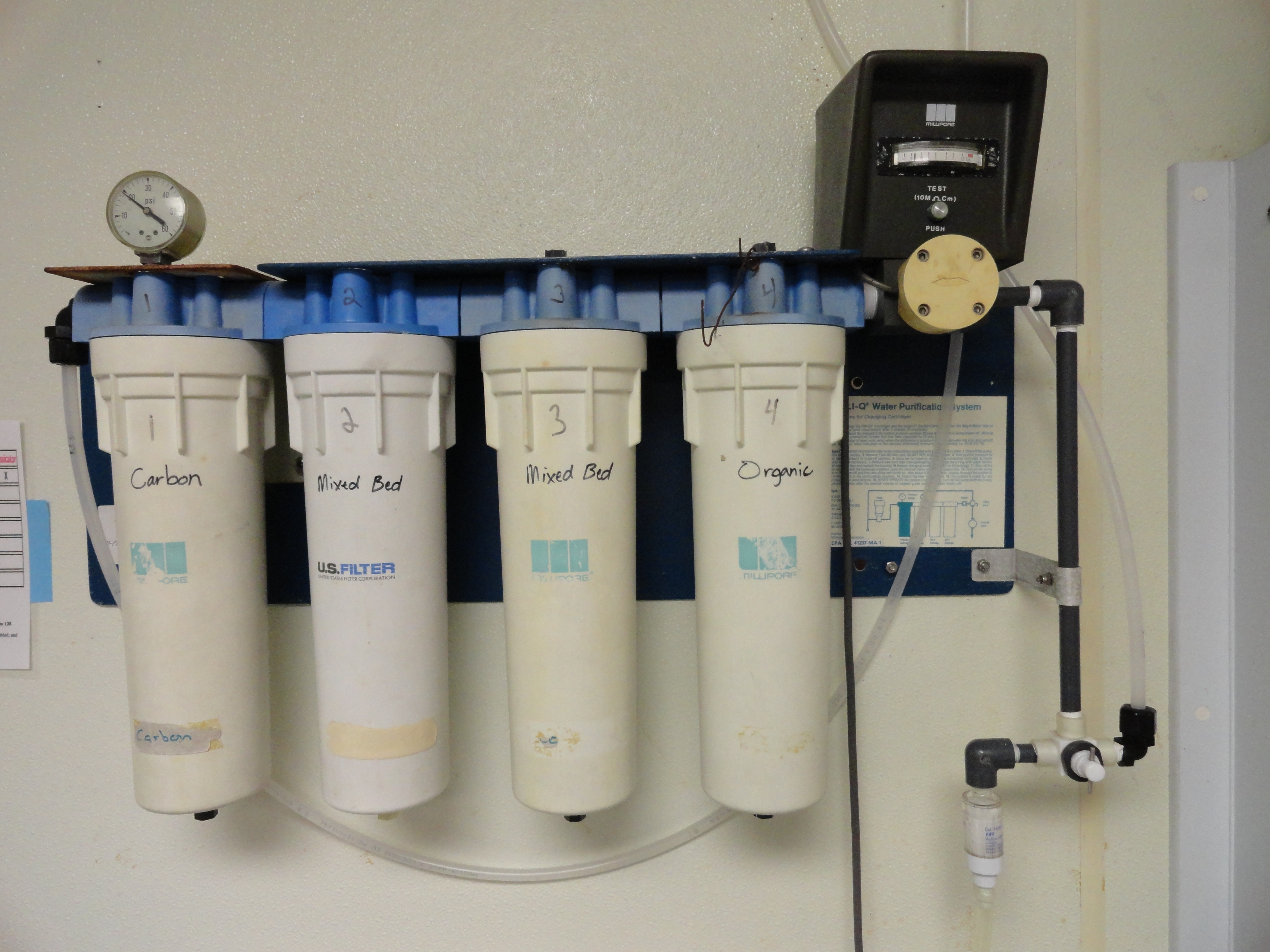
Why Filtering Your Water Is a Necessity
If you care about your health, filtering your household water is more a necessity than an option these days. Water pollution has become a very significant problem that simply cannot be ignored any longer.
It doesn't matter where you live, as many of the most dangerous chemicals find their way into the ecosystem and food chain, spreading from one continent to another, as described in a recent article by Prevent Disease.
January 13, 2016 | Source: Mercola | by Dr. Mercola
If you care about your health, filtering your household water is more a necessity than an option these days. Water pollution has become a very significant problem that simply cannot be ignored any longer.
It doesn’t matter where you live, as many of the most dangerous chemicals find their way into the ecosystem and food chain, spreading from one continent to another, as described in a recent article by Prevent Disease.1
Fish and other wildlife are demonstrating the ramifications of out of control water pollution, and there’s cause to believe chemical pollution may be affecting human health as well, even if the effects are not always as directly traceable.
The sources of pollution are many, ranging from agricultural runoff and industrial releases, outworn pipes, firefighting foam and pharmaceutical drugs, and even the chemicals used during water treatment themselves.
As noted by The New York Times:2
“Radon, arsenic and nitrates are common pollutants in drinking water, and trace amounts of drugs including antibiotics and hormones have also been found …
But water contaminants and water quality vary from one local water utility to another, so you want to purchase a filter that is effective at capturing the right contaminants.
You can request a copy of your water utility’s annual water quality report3 — called a right-to-know or consumer confidence report — to find out which contaminants in your local water are of concern …”
Many Chemicals Found in Municipal Water Are Unregulated
Clean, pure water is essential for health, and I strongly encourage you to filter the water you use both for drinking and bathing.
In fact, immersing yourself in contaminated water may be even more hazardous to your health than drinking it, as the chemicals absorbed through your skin go directly into your blood stream, bypassing your digestive and internal filtration systems.
The Environmental Protection Agency (EPA) regulates tap water in the U.S., but while there are legal limits on many of the contaminants permitted in municipal water supplies, more than half of the 300+ chemicals detected in U.S. drinking water are not regulated at all.4
According to Paul Pestano, a research analyst with the Environmental Working Group (EWG), some of the legal limits may also be too lenient for safety.
For several years, the EWG has argued that the federal government needs to perform a nationwide assessment of drinking water quality, and invest more to protect against water pollution in the first place.
So far, it has done neither, which led the EWG to create its own drinking water quality database,5 covering 48,000 communities in the U.S.
Among the top rated water utilities are Arlington, Texas, Providence, Rhode Island, and Forth Worth, Texas. At the bottom of the list are Pensacola, Florida, Riverside, California, and Las Vegas, Nevada.
https://www.youtube.com/watch?v=7mn02hErMgg
